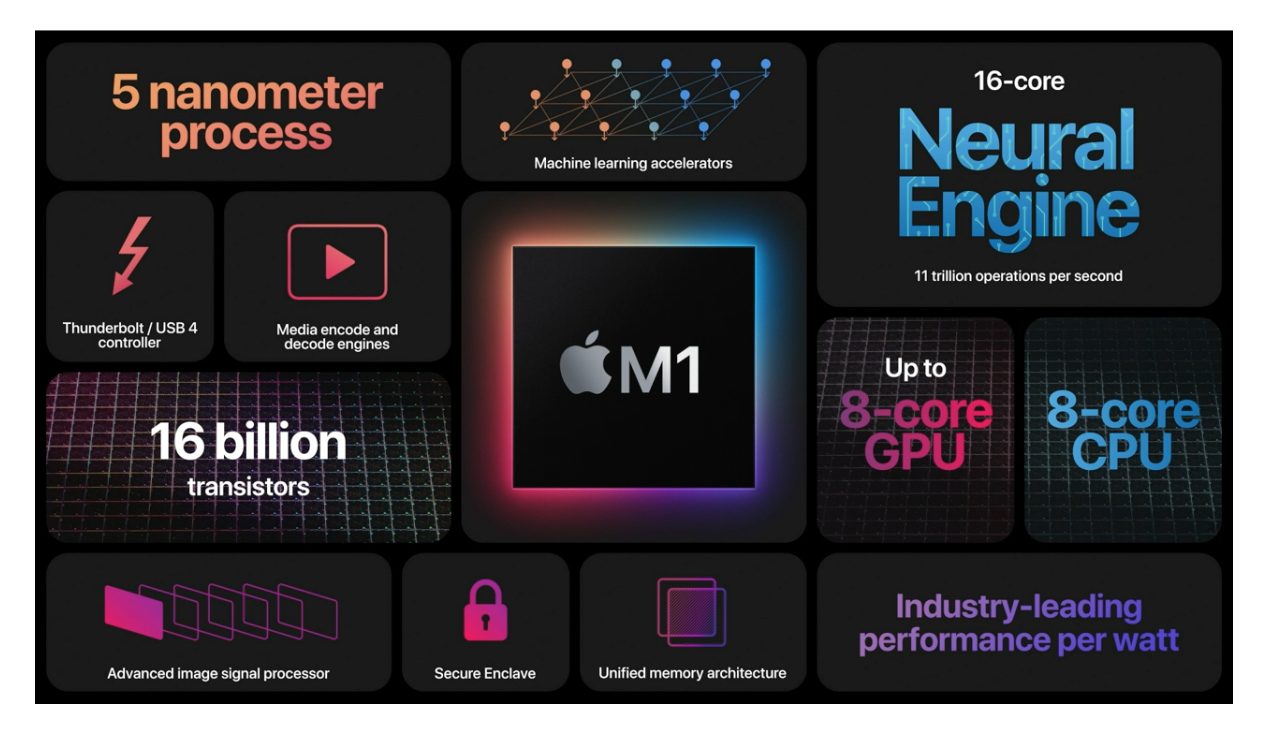The new Apple Silicon machines have only been available to customers for less than a month in the form of the new Mac mini, MacBook Air, and MacBook Pro. So far, reviews on the performance of Apple’s latest lineup have been incredibly positive and help set new standards for competitors.
However, Intel is not worried about its competition. In an interview with Yahoo Finance, Intel’s EVP and General Manager of the Client Computing Group Gregory Bryant said that the company feels “very good with where {it is} competitively” against Apple Silicon.
![]()
Intel executive says it “feels good competitively” against Apple Silicon
In the interview, as transcribed by Apple Terminal, Bryant stated:
“There is a lot of growth. We expect there to be competition, when you’re in a business that is healthy and growing rapidly, whether that’s from Apple, the ARM guys, or traditional competitors like AMD, we feel very good competitively, we’ve got strong products in the market today with Tiger Lake, our 11th generation core-products selling better than we had originally expected at the beginning of the year.”
This week, Bloomberg gave us a glimpse into the future of Apple Silicon. According to the report, Apple is working on a 32-core high-performance chip that may debut in 2022. Given how powerful Apple’s M1 chip is already, the upgrade in performance could destroy the best chips Intel has to offer. The publication suggests that the next series of Apple silicon chips will debut in upgraded versions of the MacBook Pro, new iMac desktops, and a new Mac Pro workstation.
Intel’s latest chip family, its 11th generation Tiger Lake processors have already been losing to Apple’s M1 chip in Geekbench tests. The new M1 chip also beats out the highest-end Intel chip in the 16-inch MacBook Pro and other machines with the Intel Core i7 chip.

The interview also covers the strong market demand for laptops and mobile computing caused by the COVID-19 pandemic. Bryant says that the software giant has noticed a drop in demand for desktop computers, but an increase in portable laptops and products. He adds that “the explosion of data” has driven the need for powerful computer chips.
Read More: